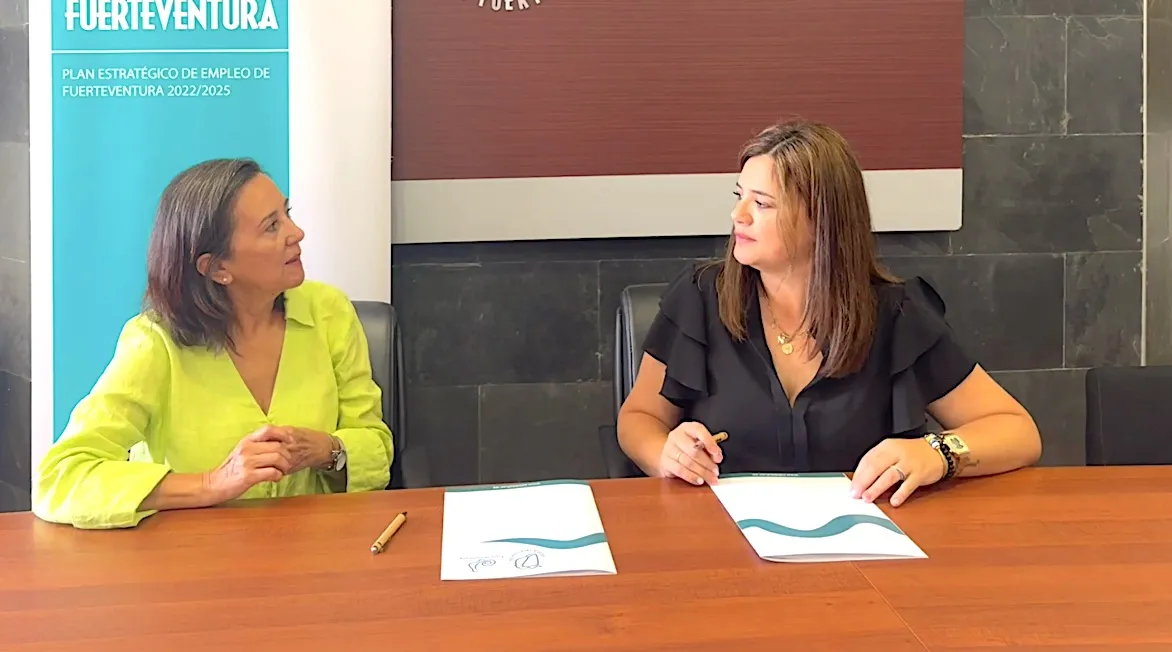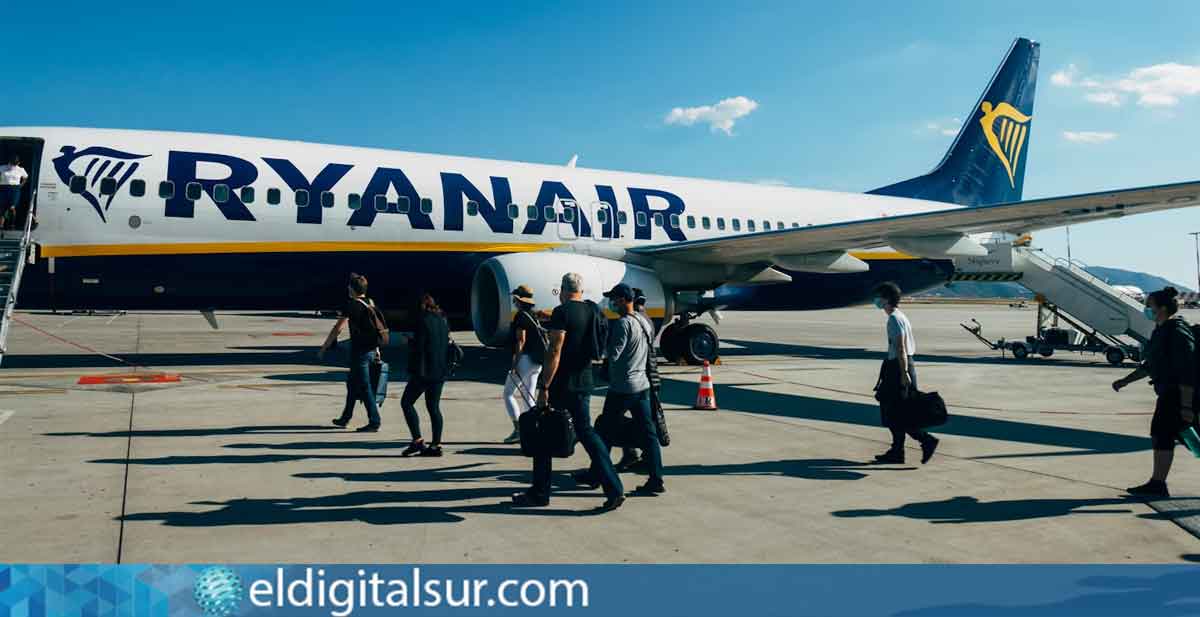
MADRID, 3 Sep. (EUROPA PRESS) –
Ryanair will cancel all flights to Tenerife North and will reduce capacity in the Canary Islands by 10% (400,000 seats) for this winter as part of its plan to cut capacity by 41% across Spanish regions. This decision is attributed to the “excessive and non-competitive airport fees imposed by the monopolistic airport operator Aena.”
This plan is set to result in the loss of one million seats this winter and two million annually. Additionally, it involves closing its base in Santiago, discontinuing flights to Vigo, keeping the bases in Valladolid and Jerez closed, and reducing capacity in Asturias, Santander, and Zaragoza.
During the winter season launch press conference, Ryanair’s Chief Executive Officer, Eddie Wilson, stated that these reductions would further harm vulnerable airports and lead to “a loss of investment, connectivity, tourism, and jobs in regional Spain, as many routes will become economically unviable.”
Specifically, the airline will reduce its capacity at regional airports by 41% (600,000 seats) and 10% (400,000 seats) in the Canary Islands.
Ryanair will close its two-aircraft base in Santiago, which will result in a loss of a USD 200 million investment in the Galicia region.
All flights to Vigo will be suspended starting January 2026, and flights to Tenerife North will cease at the beginning of winter 2025. Furthermore, the airports in Valladolid and Jerez will remain closed throughout winter 2025.
Wilson also announced capacity reductions at four other regional airports: Zaragoza (-45%), Santander (-38%), Asturias (-16%), and Vitoria (-2%).
DIVERTING TWO MILLION ANNUAL SEATS TO ITALY OR MOROCCO
Ryanair will cancel a total of 36 direct connections with regional Spain and the Canary Islands, resulting in the diversion of two million annual seats to Italy, Morocco, Croatia, and Albania.
“Ryanair remains committed to Spain, but we cannot justify continued investment in airports where growth is stifled by excessive and non-competitive fees,” Wilson asserted.
As a result, the airline is once again urging the CNMC and the Spanish government to reject the “excessive fee increases” and extend the freeze on such fees to protect regional connectivity, tourism, and jobs.
The executive claimed that the Spanish government “has failed the Spanish regions,” whose airports are nearly 70% empty. In contrast, other airports and countries such as Italy, Morocco, Croatia, Albania, Hungary, and Sweden are reducing access costs (especially at regional airports) to boost traffic, tourism, and employment, making Spanish regions “irremediably” uncompetitive.
“AENA’s decision to increase airport fees by 6.62% next year, which were already non-competitive, is further proof that the monopolistic operator has no interest in developing traffic at regional airports and is solely focused on achieving record profits from the country’s main airports,” Wilson stated.
Therefore, the airline continues to call on the CNMC and the Spanish government to reject the “excessive fee increases” and extend the freeze to safeguard regional connectivity, tourism, and jobs.
CONTINUING TO GROW IN MALAGA OR ALICANTE
The company has confirmed it has an order for 300 aircraft and will position them “where they are most competitive.” In this context, Ryanair will continue to expand in larger airports in Spain, such as Malaga and Alicante, “because prices there are more competitive.” The exact growth and the airports where the company will increase its presence will be announced in the coming weeks at the full winter schedule presentation.
The executive noted during the press conference that Ryanair contributes more than €28 billion to Spain’s GDP, invests over €10 billion in Spanish operations, and employs more than 10,000 pilots, cabin crew, and engineers.
“It is surprising that, despite one in three tourists arriving on Ryanair flights, there is no willingness to collaborate to stimulate traffic in areas that need capacity, connectivity, and investment,” the executive lamented, asserting that they have 300 new aircraft to allocate to more competitive airports. “We will take them to other countries,” he warned.
ACCUSES THE GOVERNMENT OF “ANTI-TOURISM” POLICY
In his view, the Spanish government has an “anti-tourism” policy and is underutilising the existing infrastructure due to “a lack of understanding of how the international aviation industry operates.”
When asked if he sees any possibility of dialogue with the Spanish government, Ryanair’s top executive stated that “there is no need to negotiate because it is a monopoly.” “They set the prices, and you have to pay. Aena concentrates 85% of its traffic at 10 airports and shows no interest in these regional airports. Therefore, we anticipate that many of these airports will close in the next 5 to 10 years,” he warned.
Wilson insisted that his aim is “low fees for all.” “With the incentive system, Ryanair is not seeking privileges for our company; we want it to work for all companies capable of driving growth at Spanish airports. Many airlines would benefit from lower fees.”














